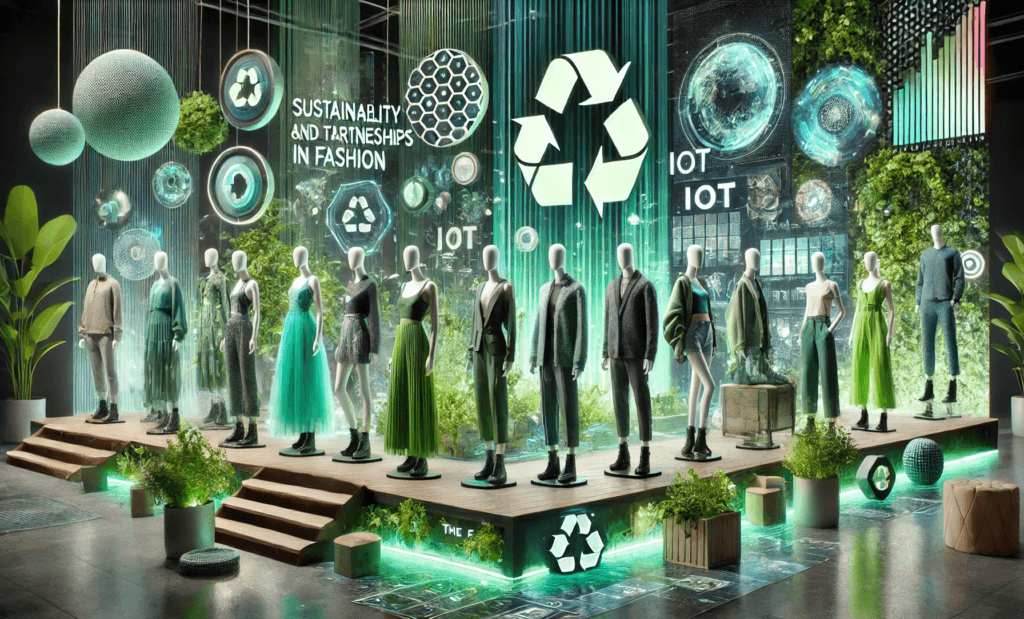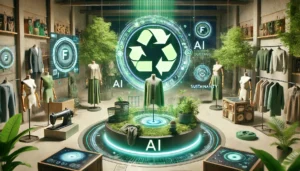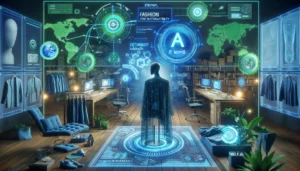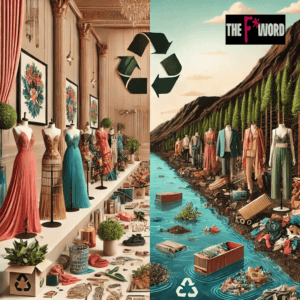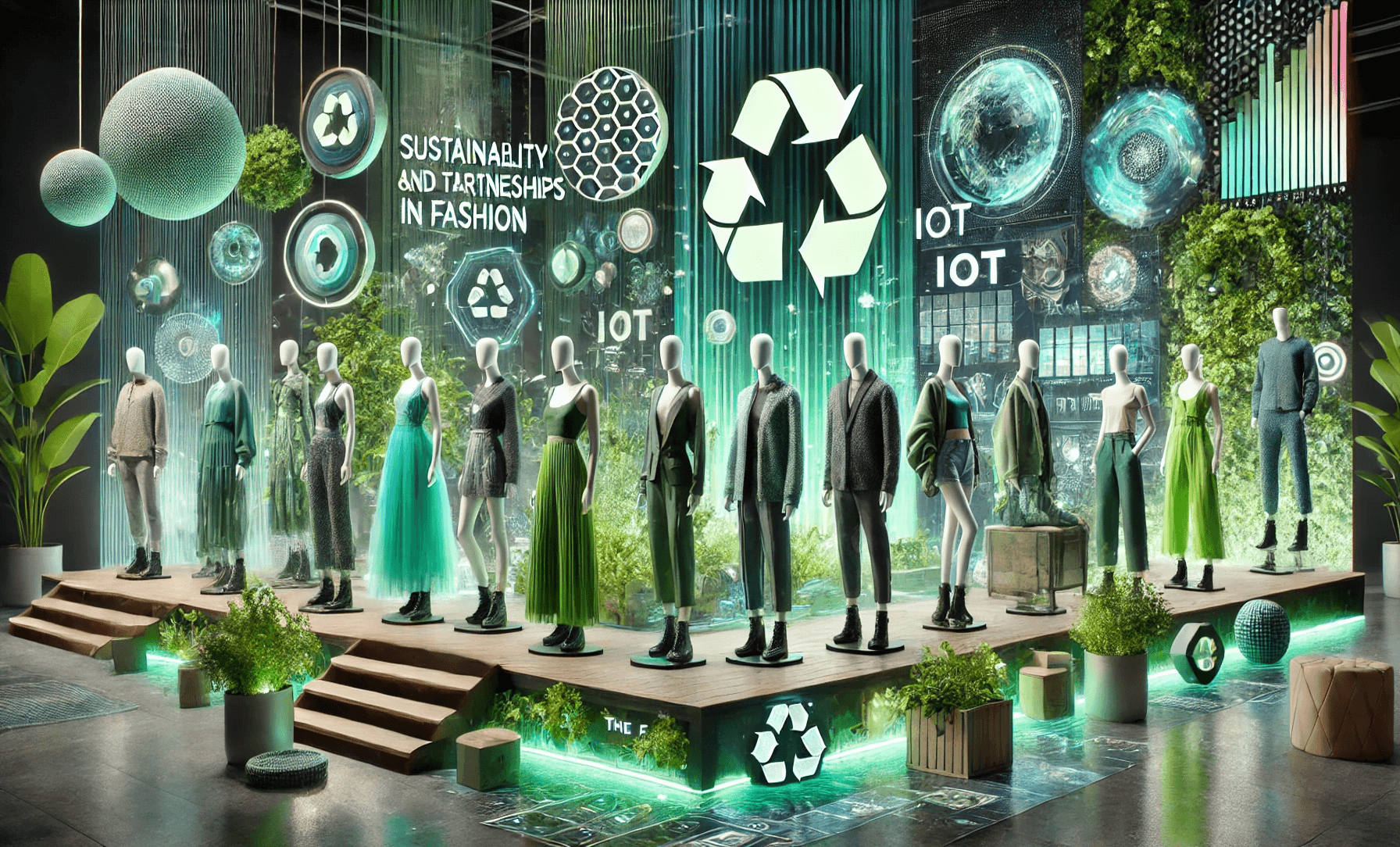Sustainability and tech partnerships in fashion are transforming the industry, embracing innovation while tackling environmental and ethical challenges.
One of fashion’s biggest challenges is to embrace sustainability while striving for success.
Sustainability in fashion means growing businesses while taking the responsibility to protect the planet and ensure fair labor. A way of navigating this challenge is innovating through fashion tech partnerships.
When partnerships bring together fashion brands, sustainability experts and tech companies, the industry can tackle excessive waste and ethical responsibility. These collabs can create stylish collections and experiences while protecting the environment.
The future of fashion is not only green, but collaborative. Let’s explore this.
H&M Foundation & HKRITA: Sustainability and Tech Partnerships for the Planet
Both with Planet First and their previous collaboration, Recycling Revolution, this partnership seeks technologies that minimize fashion’s negative environmental impact and actively contribute to the planet.
Textile recycling is a crucial piece of the sustainability puzzle, but recycling blended fabrics—those made of multiple fiber types—is extremely complex. The partnership between the H&M Foundation and HKRITA aims to change this with their focus on chemical recycling technologies. If HKRITA and the H&M Foundation can develop a scalable method for recycling blends, it could divert massive amounts of clothing from landfills.
Microsoft & London College of Fashion: The Future of Fashion Incubator
Microsoft worked with the London College of Fashion and its Fashion Innovation Agency to create an incubator program for students to work with tech experts and fashion mentors. Together, they developed ideas and prototypes using Microsoft’s cutting-edge technology and fashion insights from sustainability in fashion leaders.
Focusing on mixed reality, Artificial Intelligence (AI), and the Internet of Things (IoT), the projects included a style assistant that scanned wardrobes and provided shopping advice and AI-powered classification of live images of people’s outfits to display targeted ads.
AI tools provide a comprehensive picture of brands’ environmental footprint across the chain. It identifies high-impact areas and helps make data-driven decisions, promoting sustainability at every stage of a product’s life cycle.
Google & Stella McCartney: Tech Partnerships Driving Sustainability
Making sustainable fashion choices requires reliable data, which is why Google’s partnership with eco-luxury leader Stella McCartney is significant. They’ve planned to track the environmental impact of cotton and viscose, common materials in traditional fashion.
Using a tool based on Google’s cloud-based data analysis to evaluate the environmental impact of different fabrics, designers can access unprecedented insight. They can compare materials like viscose, cotton, and polyester based on factors like greenhouse gas emissions, water usage, and potential for pollution.
Armed with knowledge, designers can make informed choices and shift towards lower-impact materials and sustainable design practices overall.
Eon & Microsoft: Tech Solutions for Sustainability in Fashion.
EON and Microsoft partnered to introduce an industry-wide digital foundation for a connected and circular economy across fashion, apparel and retail. Through it, they’re bringing 400 million products online by 2025.
EON’s CircularID Protocol and Connected Products Platform are powered by Microsoft Azure. The brand’s innovative circular digital ID system acts as a unique passport for each garment, documenting its journey from the moment of creation. This tracking includes details on materials, manufacturing processes, and potential points of resale or recycling throughout its lifespan. Microsoft’s secure cloud technology provides a robust backbone for this vast network of data.
The transparency fostered by these digital IDs empowers consumers to make informed choices about buying pre-owned items and streamline the resale or recycling process. It enables new circular business models to scale and monetize, where garments have extended value and minimal waste.
Do you know more fashion – tech partnerships? Comment below!

